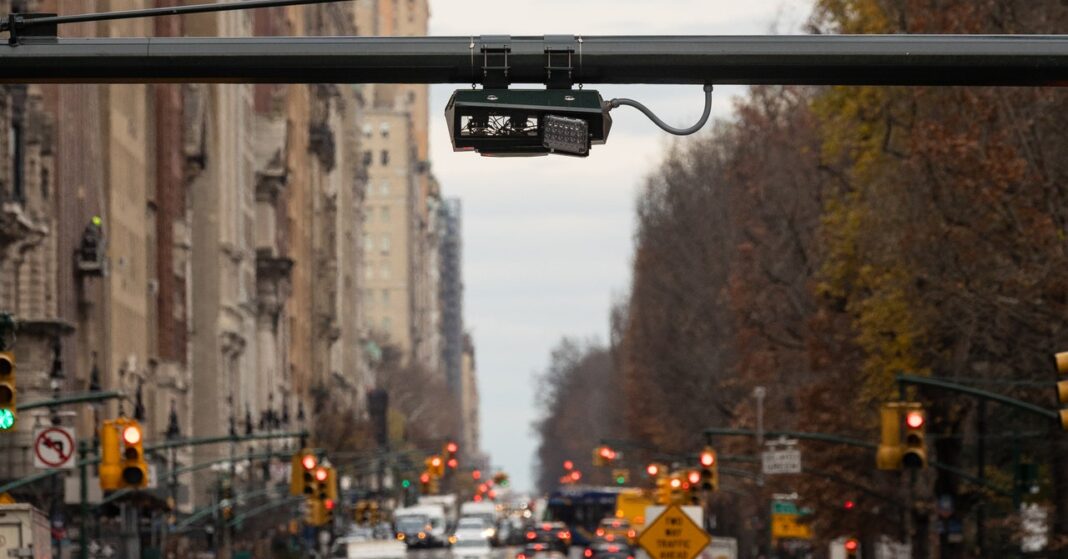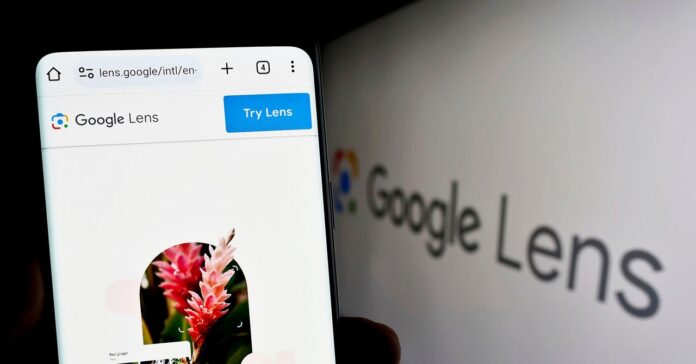In Short:
People use lawn signs and bumper stickers to express their views locally, but concerns rise about license plate recognition (LPR) technology invading privacy. While LPR can help public safety, it also collects everyone’s data, often unnecessarily. Experts warn about potential discrimination and the risk of government overreach, highlighting the need for regulations to protect citizens from private data collection practices.
The recent discussion surrounding the use of signs and bumper stickers as a means of expressing personal viewpoints highlights significant privacy concerns. According to Stanley from the American Civil Liberties Union (ACLU), these expressions are intended for “human-scale visibility” rather than for machine processing. He emphasizes the desire of individuals to communicate their beliefs within their communities, without the fear of being documented in a national database accessible by law enforcement.
In light of this, Weist advocates for a refined system that can accurately filter out images lacking license plate data to prevent wrongful data collection. “Any number of instances is too many, especially when it includes details like clothing or lawn signs,” asserts Weist.
On the other hand, Jeremiah Wheeler, the president of DRN, maintains that license plate recognition (LPR) technology is beneficial for public safety and community services. He states that this technology assists in locating abducted children, recovering stolen vehicles, automating toll collection, and reducing insurance premiums by combating fraud.
Weist suspects that Motorola Solutions may be trying to exclude images featuring bumper stickers or other textual elements due to the relatively few occurrences of bumper stickers compared to the broader range of vehicles. However, Wheeler has yet to provide clarity regarding whether there are restrictions on database searches, the presence of lawn signs in search results lacking visible vehicles, or the application of filters aimed at reducing these occurrences.
“DRNsights complies with all applicable laws and regulations,” Wheeler affirms, explaining that the tool facilitates access to publicly visible license plate information and associated vehicle data while ensuring that access is granted only to authorized parties with legal justifications. Consequently, any breaches result in revoked access.
The Ubiquity of AI in Surveillance
License plate recognition systems have seen rapid advancements in recent years, largely due to the miniaturization of cameras and enhancements in machine learning algorithms. This evolution signifies a transformative shift in surveillance practices across urban environments, with DRN and competitors like Flock leading the way.
Furthermore, the integration of AI into CCTV systems is advancing, allowing these cameras to monitor individuals’ movements and even assess their emotional states. While such technologies have the potential to alert authorities to significant events, the effectiveness of license plate recognition in reducing crime continues to be a matter of debate.
Dave Maass, the director of investigations at the Electronic Frontier Foundation, contends that the narrative surrounding license plate readers often misrepresents their function. These systems do not solely target offenders; rather, they indiscriminately collect data on every vehicle, often storing it for extended periods.
As technology progresses, the capabilities of LPR systems are expected to expand. Maass highlights a trend where companies are now exploring “vehicle fingerprinting,” a method to ascertain a vehicle’s make, model, year, and even its condition based on visual data. Upcoming updates from DRN will reportedly enable insurers to ascertain whether a vehicle is employed for ride-sharing purposes.
According to Nicole McConlogue, an associate professor of law at the Mitchell Hamline School of Law, existing frameworks primarily focus on protecting citizens from government oversight rather than safeguarding them from profit-driven private entities involved in surveillance activities. She raises concerns about the implications of widespread data collection practices in light of the historical context of segregation and redlining, which continue to impact neighborhood demographics.
“The volume at which data is collected is concerning,” McConlogue states, pointing out the potential influence of those collecting the data. “This practice not only carries the commercial incentives of data collectors but also reflects the lasting impacts of societal inequalities.”





